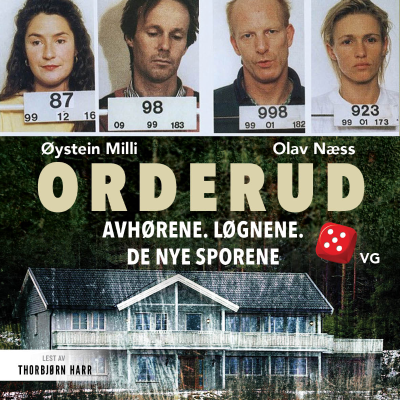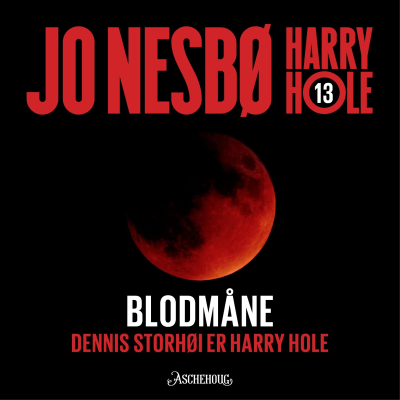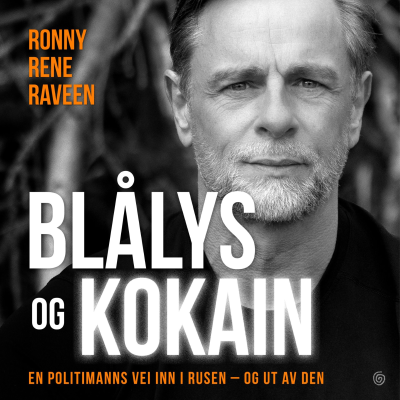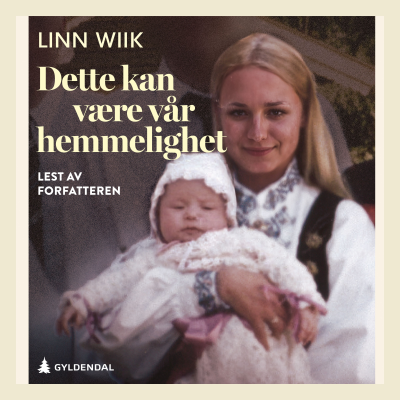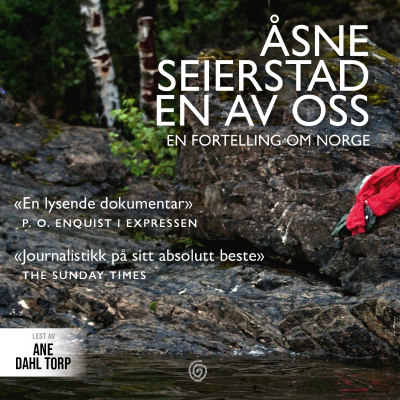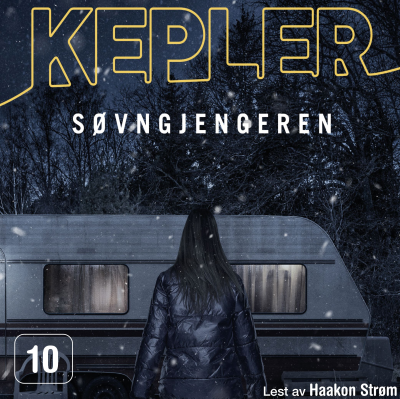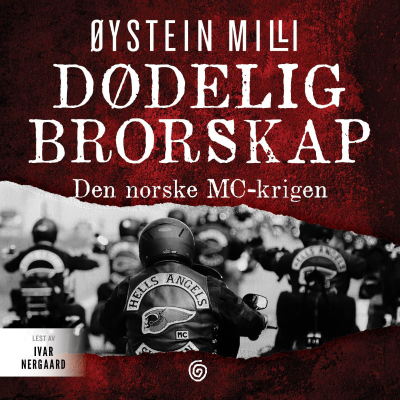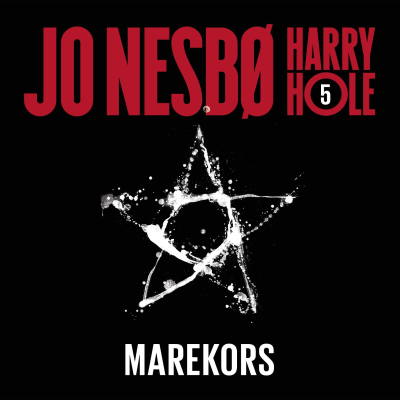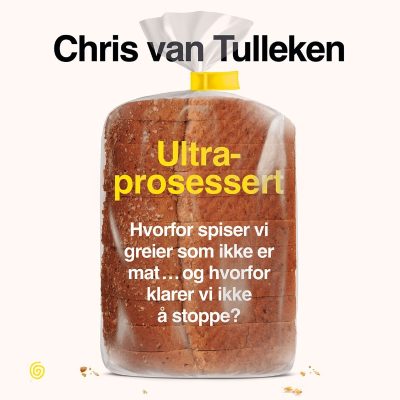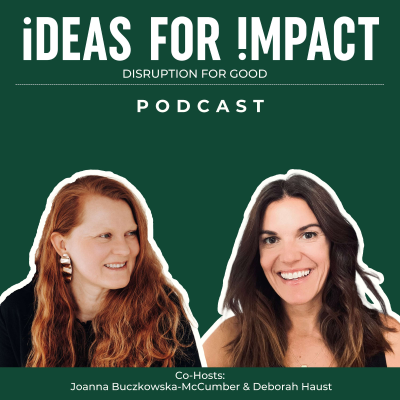
Ideas for Impact
engelsk
Business
Prøv gratis i 60 dager
99 kr / Måned etter prøveperioden.Avslutt når som helst.
- 20 timer lydbøker i måneden
- Eksklusive podkaster
- Gratis podkaster
Les mer Ideas for Impact
Ideas for Impact takes a fresh look at how we do business and spotlights what makes a company attractive to investors. Join us as we delve into conversations with trailblazers driving social and environmental change, paving the way for investments that shape a brighter tomorrow. We chat with changemakers who are part of disrupting industry with innovative ideas on what sustainability and impact can look like and mean. This podcast will showcase the disruptors who are changing the game.From cutting-edge startups to established industry leaders, we feature guests who are shaking things up and disrupting for good.Our aim is to provide you with actionable insights that will help you create positive change in your industry and the world. www.ideasforimpactagency.com
Alle episoder
19 EpisoderThe Kids Are Alright and They’re Fixing Our Water Systems
Canada holds a fifth of the world’s freshwater, yet many of its communities still face boil water advisories, phosphorus-fueled algae blooms, and shrinking aquifers. While water feels abundant here, the truth is more complicated and more urgent. In this episode of Ideas for Impact, [https://www.ideasforimpactagency.com/] we sit down with Kariann Aarup, Head of Program Partnerships at AquaAction [https://aquaaction.org], a national nonprofit helping young innovators design and deploy real-world freshwater solutions. With more than 80 water tech ventures launched through their AquaHacking Challenge and AquaEntrepreneur programs, AquaAction is proving that early-stage ideas—when rooted in local knowledge and built with intention can shift how we respond to one of Canada’s most pressing environmental challenges. From a startup turning blue-green algae into biofuel, to AI-powered infrastructure tools that predict water main failures before they happen, Kariann walks us through the powerful solutions emerging from Canada’s youth and what it takes to turn a prototype into impact. We explore: * The biggest threats to freshwater in Canada right now (and why the myth of abundance is dangerous) * Why youth-led innovation offers a radically different mindset around environmental entrepreneurship * How AquaAction matches local water problems with student-driven tech innovation * The real barriers to scaling water tech regulation, public sector procurement, and slow adoption cycles and what AquaAction is doing to change that * The role of mentorship, community, and experiential learning in building a generation of water-aware leaders * Why designing with water at the centre could change how we build everything from cities to clothing If you’re curious about what the future of water looks like in Canada—and how entrepreneurship, sustainability, and systems change are starting to intersect in real ways—this conversation is for you. 🎧 Episode Highlights: 04:12 – Kariann’s journey: From entrepreneurship to environmental impact 07:20 – What makes youth-led water innovation different 13:35 – Top threats to freshwater across Canada 17:20 – Invasive species, phosphorus runoff, algae blooms & innovation on the ground 22:15 – How blue-green algae became biofuel: A real venture story 25:40 – Why water tech startups don’t follow the usual playbook 29:50 – Supporting first pilots and public-sector partnerships 34:15 – 80+ ventures launched—and what’s next for AquaAction 39:00 – The mindset shift: Designing with water in mind 44:10 – Staying hopeful in the face of environmental urgency 50:45 – Kariann’s message to the next generation of innovators 📍 Learn more about AquaAction: https://aquaaction.org [https://aquaaction.org?utm_source=chatgpt.com] 🌊 Want to help shape Canada’s water future? Follow the AquaHacking Challenge or explore how to support their mission. 🔗 More at ideasforimpactagency.com
Finance Meets Water: Inside WaterEquity’s Model for Impact and Scale
Nearly two billion people still live without access to safe water—while billions of investment dollars sit on the sidelines. In this episode, we speak with Genevieve Edens from WaterEquity, [https://waterequity.com/] the first impact investment fund focused entirely on solving the global water and sanitation crisis. Backed by Matt Damon and Gary White, WaterEquity was built to fill a clear gap: channeling capital to underserved communities through market-based solutions. Genevieve walks us through how the fund evolved out of water.org, why microfinance is a powerful tool for access, and how they’ve structured investment strategies to serve both financial and social returns. We discuss: * How catalytic capital and blended finance can move the needle in overlooked sectors * What it takes to de-risk water infrastructure projects in emerging markets * Why impact reporting—and listening to the people most affected—matters * What success looks like beyond traditional ROI Whether you're in finance, development, or just want a clearer picture of how global water access can scale, this episode offers a grounded look at the intersection of money, infrastructure, and public health.
The Coast Is Not Clear: Surf Riders Fight for Ocean Health
Behind the postcard views of British Columbia’s coastline lies a different story—one of plastic pollution, degraded marine infrastructure, invisible water contamination, and the quiet disappearance of public beach access. In this episode, we speak with Lucas Harris, Executive Director of Surfrider Foundation Canada, about what it means to protect the ocean when the threats are complex, systemic, and often unseen. Lucas shares how Surfrider’s work in Canada—once focused largely on beach cleanups—has evolved into something much more ambitious: a strategy that blends grassroots organizing, environmental data collection, policy advocacy, and hands-on collaboration with Indigenous communities. From banning Styrofoam in marine infrastructure to driving youth-led campaigns on university campuses, Surfrider is building environmental leadership from the ground up. We also explore ReSurf Gear Circularity, a new initiative addressing the end-of-life problem with surf gear—diverting neoprene and polystyrene waste from landfills and recycling it into new, usable materials. It’s an experiment in circular design with implications well beyond the surf community. Ocean conservation in Canada isn’t just about pristine wilderness or protecting nature “over there.” It’s about what happens when people organize in their own backyards to shift policy, culture, and infrastructure—all while staying grounded in the realities of place.
Revolutionizing Fisheries: Data, Innovation, and Ocean Justice
What does the future of fishing look like when transparency, sustainability, and equity lead the way? In this episode, we explore how one bold venture is shaking up the commercial fishing industry—using real-time data, tech-driven accountability, and a community-first mindset to rethink how we harvest from the ocean. At the center is Teem.fish, a company building digital tools to modernize fisheries monitoring, protect coastal livelihoods, and support smarter seafood systems. From the wharfs of Newfoundland to global waters, we unpack how innovations like electronic monitoring are not just helping enforce fishing regulations, but redefining them. You'll hear how traditional fishing practices meet cutting-edge technology, how policy and innovation collide, and why Indigenous data sovereignty must be central to ocean governance. This conversation surfaces tough questions: Who owns the data collected on our oceans? How do we balance economic growth with ocean health? And what does justice look like for small-scale fishers in an increasingly industrial system? Whether you're working in climate tech, marine conservation, or just want to know where your seafood comes from, this episode offers a raw and hopeful look at the tools—and values—reshaping the future of sustainable fisheries. We covered so much ground with Amanda including: * How data and electronic monitoring are transforming global fisheries * The tension between quantity and quality in seafood harvesting * Indigenous data sovereignty and the right to self-determined ocean stewardship * Challenges facing small-scale and community-based fishers * The role of innovation in building trust, transparency, and equity at sea Timestamps: 01:52 – From Newfoundland to fisheries innovation 04:45 – The founding story of Teem.fish 07:00 – Scaling challenges and monitoring breakthroughs 10:27 – Local stories, global stakes 33:08 – Indigenous leadership and data sovereignty 39:42 – A message to the UN
Harnessing Seaweed: Rethinking Biomanufacturing for a Regenerative Economy
In this episode of Ideas for Impact, we dive into the world of seaweed and marine biologics with Patrick Griffin, CEO of Marine Biologics, and Spencer Serin, CSO. Together, they explore how seaweed—often overlooked and underutilized—is poised to transform the future of biomanufacturing. From methane-reducing feed to bioactive compounds for food, cosmetics, and materials, Marine Biologics is building a scalable, science-backed approach to seaweed innovation. They’re not just creating products—they’re reshaping entire supply chains, one macroalgae strand at a time. Patrick and Spencer share their journeys from tech and cheese-making to building a data-powered, global venture in the blue economy. They reveal what it takes to stabilize a fickle crop like seaweed, the challenges of global operations, and why collaboration is key to systems-level impact. Tune in for a conversation on chemistry, circularity, and the power of building regenerative economies from the ocean up. Learn more about Marine Biologics [https://www.marinebiologics.com/] Visit us at www.IdeasforImpactagency.com [https://www.ideasforimpactagency.com/]
Velg abonnementet ditt
Premium
20 timer lydbøker
Eksklusive podkaster
Gratis podkaster
Avslutt når som helst
Prøv gratis i 60 dager
Deretter 99 kr / month
Premium Plus
100 timer lydbøker
Eksklusive podkaster
Gratis podkaster
Avslutt når som helst
Prøv gratis i 60 dager
Deretter 169 kr / month
Prøv gratis i 60 dager. 99 kr / Måned etter prøveperioden. Avslutt når som helst.
















